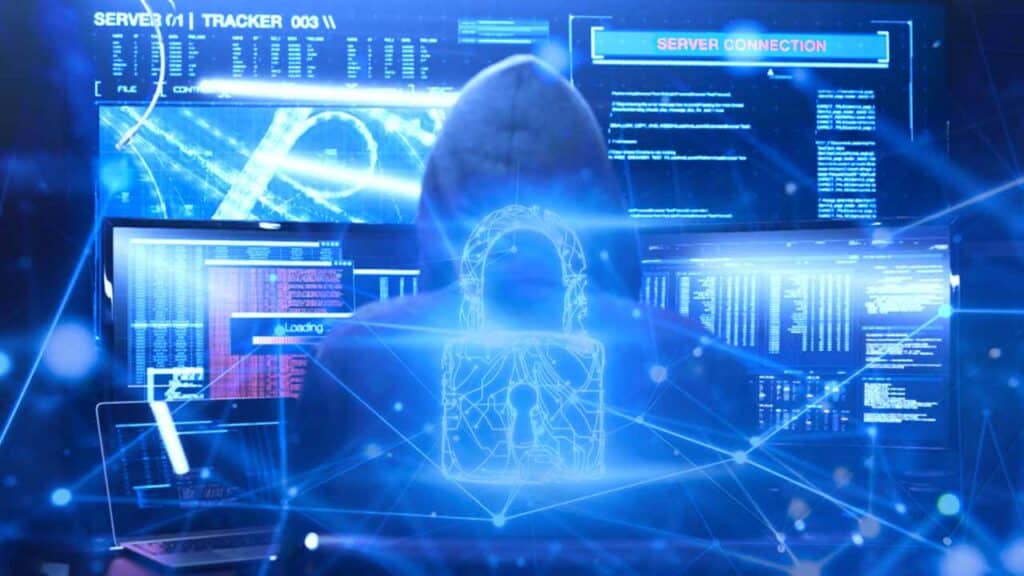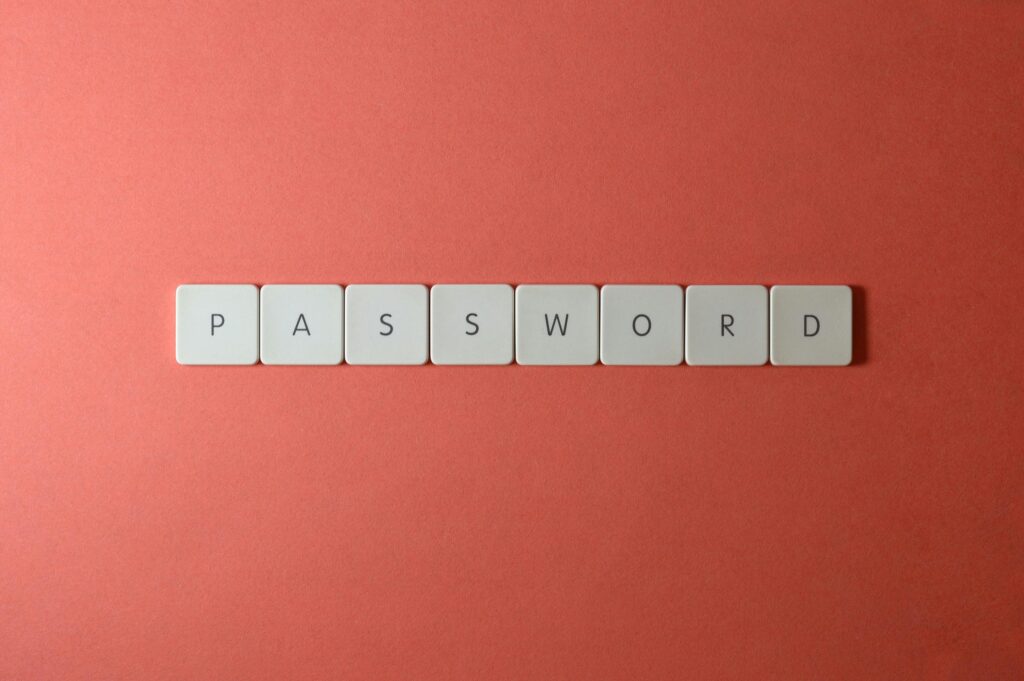How to Become an Ethical Hacker in 2024

Introduction
With the growing demand for cybersecurity professionals, becoming an ethical hacker is an attractive career option in 2024. This article outlines a comprehensive roadmap that covers the skills, certifications, and experience needed to thrive in this field.


What is Ethical Hacking?
Ethical hacking involves legally probing systems and networks for vulnerabilities, helping organizations safeguard their data and systems. Ethical hackers, also known as penetration testers, are hired to assess security measures and implement improvements.
Unlike malicious hackers, ethical hackers use their skills to enhance security, reporting vulnerabilities so they can be fixed before they can be exploited. This career path not only offers the chance to work with cutting-edge technologies but also provides a sense of fulfillment by protecting organizations and individuals from cyber threats.
Roadmap to Becoming an Ethical Hacker
1. Understand the Basics of Networking and Security
Before diving into ethical hacking, it's essential to grasp the fundamentals of computer networking and security. This includes:
- Learning about TCP/IP: Understand how data is transmitted over networks.
- Familiarizing yourself with the OSI model: Know how different layers of networking work.
- Studying network protocols such as HTTP, FTP, and DNS: Learn how various protocols function and are used.
- Understanding firewalls, VPNs, and intrusion detection systems: These are critical for securing networks against threats.
2. Develop Programming Skills
Programming knowledge is crucial for ethical hackers to understand how software vulnerabilities occur and how to exploit or fix them. Key languages to learn include:
- Python: Widely used for scripting and automation in security tasks.
- JavaScript: Understanding client-side scripting can help in web application security.
- SQL: Learning SQL is essential for database security and preventing SQL injection attacks.
- Bash/Shell scripting: Useful for automating tasks in Linux environments.


3. Gain Knowledge of Operating Systems
Familiarity with different operating systems is essential, as vulnerabilities can exist in any OS. Key areas to focus on include:
- Windows: Learn about its architecture and security features.
- Linux: A favorite among ethical hackers; understanding command-line interfaces is crucial.
- Unix: Knowledge of Unix systems is beneficial for understanding network services and security.
- Learning basic system administration: Know how to configure and manage these systems to secure them effectively.
4. Acquire Certifications
Certifications can validate your skills and improve job prospects. Consider pursuing:
- CEH (Certified Ethical Hacker): Covers all aspects of ethical hacking.
- CompTIA Security+: A foundational certification in IT security.
- OSCP (Offensive Security Certified Professional): A hands-on certification requiring practical penetration testing skills.
- Research each certification's requirements: Some may require prior experience or knowledge.
5. Practical Experience
Hands-on experience is invaluable in ethical hacking. Engage in practical activities such as:
- Capture The Flag (CTF) competitions: These challenges simulate real-world hacking scenarios.
- Hackathons: Collaborate with others to solve security challenges in a competitive environment.
- Participate in online labs: Use platforms like Hack The Box or TryHackMe to practice skills in controlled environments.
- Set up your own lab: Create a safe space to experiment with different tools and techniques.


6. Stay Updated with the Latest Trends
The cybersecurity landscape is constantly evolving. To stay ahead, you should:
- Follow cybersecurity news outlets, blogs, and forums: Resources like Krebs on Security and Hacker News can provide valuable insights.
- Attend conferences and webinars: Networking and learning from experts at events like Black Hat and DEF CON can enhance your knowledge.
- Join online communities: Engage with peers on platforms like Reddit, Discord, or LinkedIn to share experiences and knowledge.
Tools of the Trade
Familiarize yourself with essential ethical hacking tools, such as:
- Nmap (Network Mapper): For network discovery and security auditing.
- Metasploit: A penetration testing framework that allows you to find and exploit vulnerabilities.
- Burp Suite: A web application security testing tool.
- Wireshark: A network protocol analyzer that helps you capture and interactively browse traffic.
- Kali Linux: A specialized Linux distribution for penetration testing and security research.
Conclusion
Becoming an ethical hacker in 2024 requires dedication, continuous learning, and hands-on experience. By following this roadmap and staying updated with industry trends, you can build a successful career in cybersecurity. The skills you acquire will not only help you in your career but also contribute to creating a safer digital environment for everyone.






